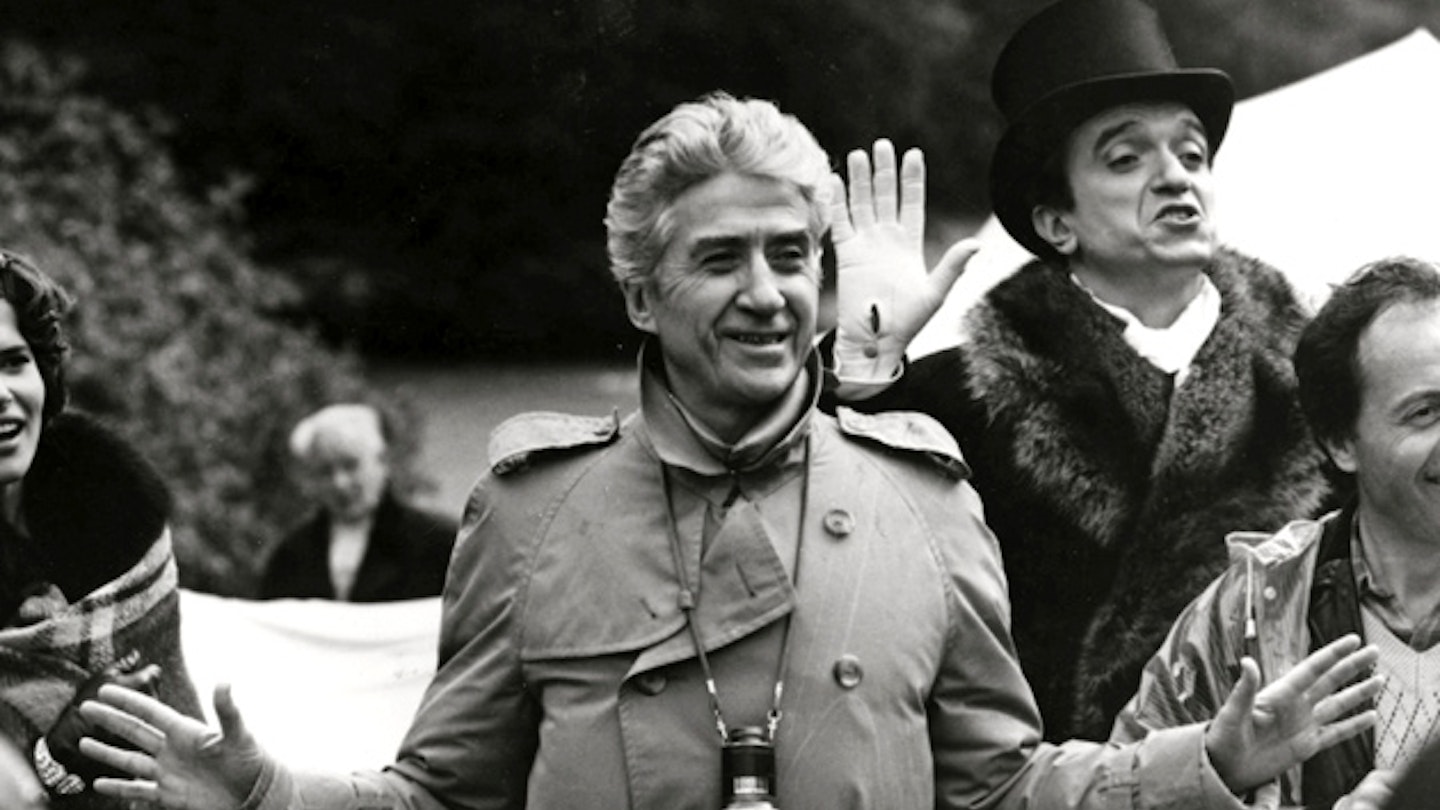Alain Resnais, directorial great and unique filmmaking voice, has died aged 91. According to his long-time producer, Jean-Louis Livi, the Frenchman died in Paris on Saturday.
Resnais, who filmmaking career spanned six decades, was known best for the radically experimental approach to storytelling that made Last Year At Marienbad and Night And Fog so influential - "a special nonrealistic language that has musicality" is how he described it - and as an influential grand frère to the French New Wave.
Born in Brittany in 1922, his love affair with the medium began as a teenager shooting 8mm shorts. In 1943, he enrolled for the newly-founded Institut Des Hautes Etudes Cinématographique. Louis Malle and Costa-Gavras would later pass through the film school but Resnais, frustrated with its heavy onus on theory, left after a year and took a series of acting jobs, before returning to short filmmaking in the late 1940s.
It was in the 1950s that Resnais shot to prominence. 1955's Night And Fog documented the impact of the Holocaust a decade on, using separate then-and-now footage of the death camps to evoke a haunting mood piece. His 1956 documentary short Toute La Mémoire Du Monde (below) glided through France's National Library in Paris to lay bare humanity's pursuit of knowledge.
Both used the narrative techniques he'd bring to bear on his first narrative feature, 1959's Hiroshima, Mon Amour. Co-conceived with Left Bank writer Marguerite Duras, it charted the final 36 hours of the relationship between an unnamed French woman (Emmanuelle Riva) and her Japanese architect lover. Using non-linear editing, voiceover and flashbacks - an entirely new filmmaking grammar - it tackled the legacy of the atomic bomb with an originality that belied its origins as a documentary project. Eric Rohmer speculated that it would come to be seen as "the first modern film of the sound era", while American critic Leonard Maltin called it "The Birth Of A Nation of the French New Wave".
Although he acknowledged ties to pioneering peers in the New Wave, Resnais defied attempts to bundle him in with the Cahiers crew. "Although I was not fully part of the New Wave because of my age," he explained, "there was some mutual sympathy and respect between myself and (Jacques) Rivette, (André) Bazin, (Jacques) Demy, (François) Truffaut. I felt friendly with that team."
Resnais' great masterpiece came two years after Hiroshima, Mon Amour. Last Year At Marienbad, a meditation on memory and consciousness set in a mysterious French chateau, has left its mark on many directors. Even Christopher Nolan, who hadn't seen it before making the thematically similar Inception, acknowledged an inadvertent debt to Resnais: "Funnily enough, I saw it and I’m like, 'Oh, wow. There are bits of Inception that people are going to think I ripped that straight out of Last Year At Marienbad.' Basically, what it means is, I’m ripping off the movies that ripped off Last Year at Marienbad without having seen the original."
While the 1950s and '60s were Resnais's golden period, he went on to make 1968 sci-fi Je t'aime, Je t'aime and Mélo (1986), an acclaimed adaptation of Henri Bernstein's stage play, among others. His last film Life Of Riley, based on Alan Ayckbourn's play, was completed last year. He was awarded a lifetime achievement award at the Cannes Festival in 2009.
Eerie, elliptical and always elegant, Resnais' dream worlds will be the subject of debate and conjecture amongst audiences for as long as cinema exists. He is survived by his wife, actress Sabine Azéma.
